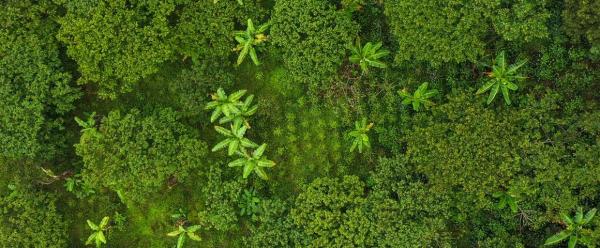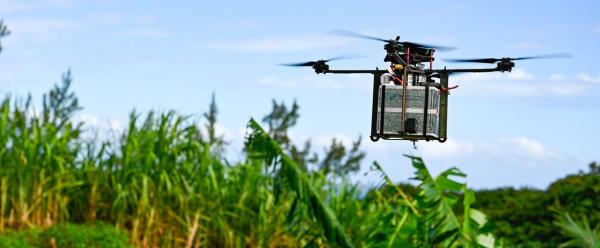Results & impact 10 October 2025
- Home
- Press area
- Press releases
- The One Health approach between conservation and development
One Health at the heart of conservation and development projects
-42.JPG)
Livestock in the Kavango-Zambèze transboundary conservation area © B. Stirton-Getty Images for FAO, Cifor, CIRAD, WCS
Under target 3 of the new Global Biodiversity Framework negotiated at COP15, protected areas benefit from major investments for biodiversity conservation. However, neighbouring populations often have no say in their management. For the members of the ProSuLi project, this is not only an injustice, but also a long-term mistake:
“Substantial resources are devoted to biodiversity conservation in transfrontier conservation areas, and too little is devoted to developing the wellbeing of local residents. Poor human populations with no future are bound to jeopardise the resilience and sustainability of these socio-ecosystems in the long run.”
ProSuLi, funded by the European Union, is working to improve the living conditions of four communities in Botswana, Mozambique and Zimbabwe, living on the edge of conservation areas. The participants publish their feedback on the project and its original approach in CABI One Health.
Ecosystem health to bring together conservation and development
One Health is an initiative notably geared towards dealing with the interdependence between human, animal and ecosystem health. For Alexandre Caron, a researcher at CIRAD and coordinator of the ProSuLi project: “human or animal health cannot be promoted to the detriment of socio-ecosystem health, because the feedback loops will end up having a negative impact on both human and animal health”.
The wellbeing of local populations is thus becoming one of the pillars of territorial health and an indirect positive lever for biodiversity conservation. As the researcher reminds us, it is the local residents who have the greatest interest in guaranteeing a certain balance in the fauna that surrounds them, provided that they benefit beforehand from worthy living conditions.
Participation, the key to guaranteeing sustainable progress
The main aims of the scientists were for ProSuLi to be taken on board by the local populations and for the activities undertaken to last beyond the lifespan of the project. Local residents were at the heart of the decision-making process when defining project activities. A change of paradigm in this area, according to Alexandre Caron: “with ProSuLi, we decided to directly involve local stakeholders, by giving them back the keys to their own development, and taking care not to impose predefined actions that risked not being adopted in the end.”
Southern Africa abounds with a wealth of wildlife, which is relatively well preserved despite organized or subsistence poaching. Many conservation projects only involve local communities in anti-poaching operations, or conservation-related activities that have little chance of surviving beyond the lifespan of the projects. Virtually none shows an interest in what these communities want in order to escape poverty.
“Our aim is for the progress achieved during ProSuLi to last well beyond the project, which necessarily means communities regaining control of their destiny.”
Reference
Caron, A., Mugabe, P., Bourgeois, R., Delay, E., Bitu, F., Ducrot, R., Fafetine, J., Fynn, R., Guerbois, C., Motsholapheko, M., Daré, W., Mukamuri, B., Nare, L., Figuié, M., Le Page, C., Giva, N. 2022. Social-ecological system health in Transfrontier Conservation Areas to promote the coexistence between people and Nature. CABI One Health



























